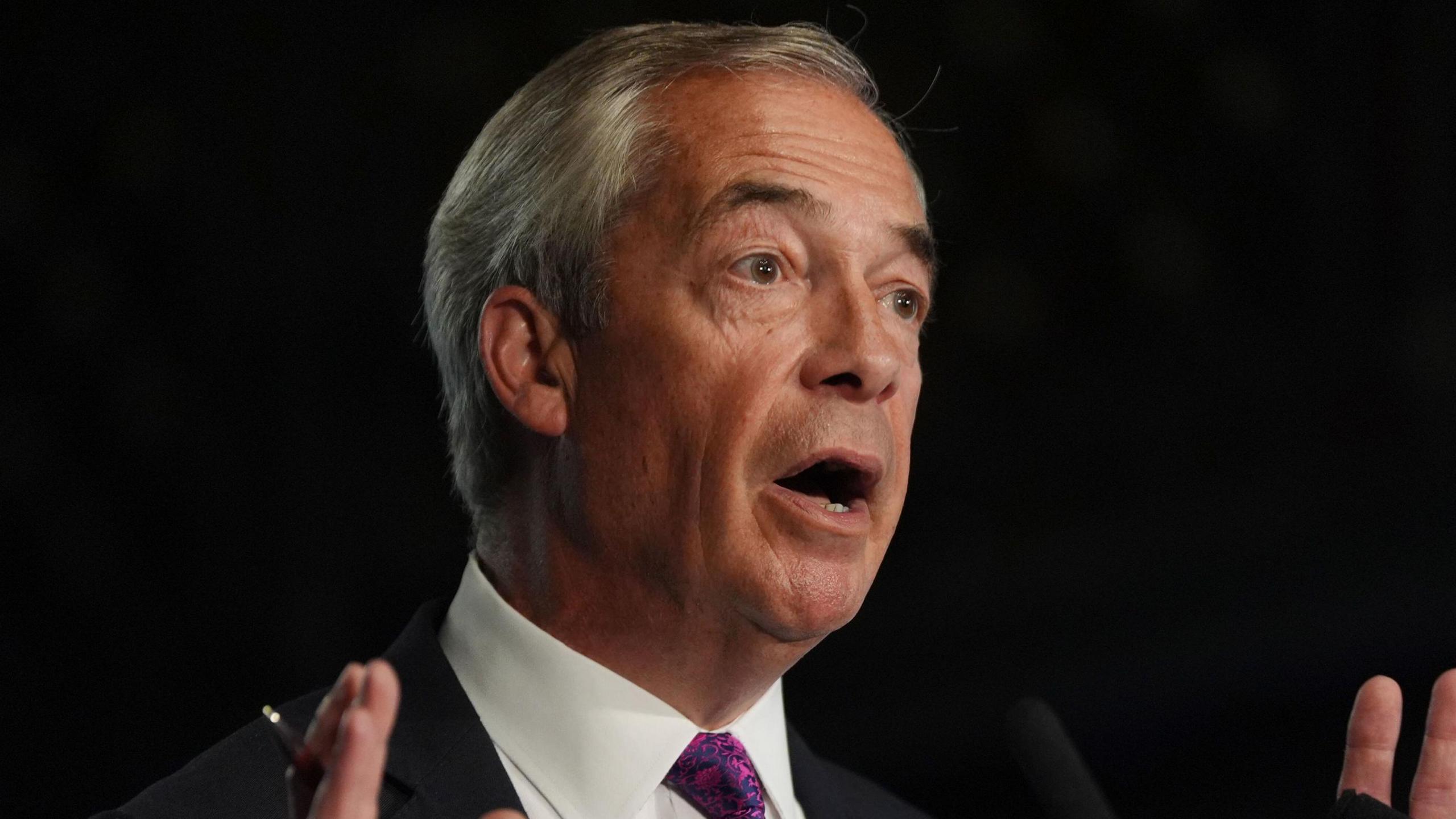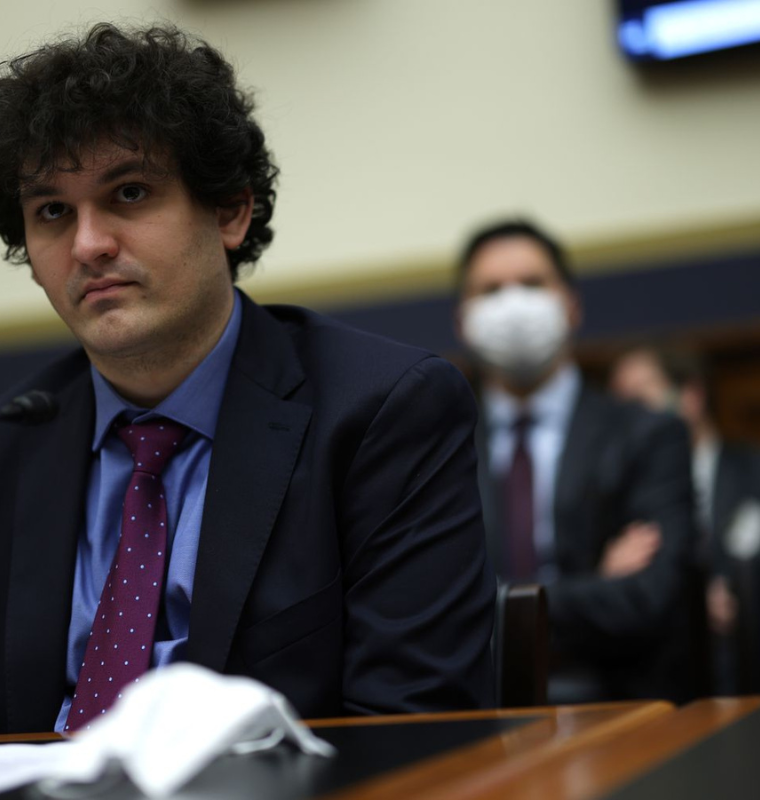Nigel Farage Positions as UK Crypto Advocate
By
Junia Wells
Last updated:
October 14, 2025
First Published:
December 2, 2025

Photo: BBC
A New Voice in Crypto Policy
At a recent London cryptocurrency summit, former politician Nigel Farage presented a bold vision for the United Kingdom’s engagement with digital assets. Farage positioned himself as a champion for crypto innovation, proposing the idea of a national bitcoin reserve and urging policymakers to implement clear regulations that could attract investment and technological talent. His intervention highlights the growing political dimension of cryptocurrency adoption in the UK.
The Proposal for a National Bitcoin Reserve
Farage’s plan centers on the creation of a national reserve of bitcoin, which he argues could serve as both a hedge against currency fluctuations and a statement of digital innovation. By holding bitcoin at a governmental level, the UK could potentially demonstrate confidence in the technology, while also offering long-term economic benefits if digital assets continue to appreciate. The proposal has sparked debate among economists, regulators, and crypto enthusiasts.
Regulatory Urgency and Economic Opportunity
Farage emphasized that clear and timely regulations are essential to avoid falling behind global competitors. Countries like Singapore, Switzerland, and the UAE have implemented frameworks that encourage innovation while protecting investors. Farage’s argument is that the UK must act decisively to retain its historical position as a global financial hub and to attract blockchain startups, institutional investors, and fintech innovators.
Bridging the Gap Between Politics and Innovation
One of the most striking aspects of Farage’s intervention is his effort to bridge political discourse and technological advancement. By framing cryptocurrency as a matter of national competitiveness rather than merely a speculative investment, he seeks to create broader public and governmental support for proactive policies. This approach could help legitimize digital assets as part of mainstream economic planning.
Industry Response and Investor Sentiment
The crypto industry has generally responded positively to Farage’s engagement. Entrepreneurs and investors see political endorsement as a catalyst for growth, particularly in markets where regulatory uncertainty has previously deterred investment. Farage’s prominence brings attention to the sector and may accelerate discussions around practical policy implementation.
Challenges and Criticisms
Despite the enthusiasm, Farage’s proposals face skepticism. Critics question the feasibility of holding significant government reserves in volatile digital assets. Others express concern over the potential for mismanagement or security risks. These challenges underscore the complexity of integrating cryptocurrencies into national economic policy.
Potential for Institutional Collaboration
Farage’s vision could encourage collaboration between government bodies, financial institutions, and blockchain startups. By creating advisory committees or public-private partnerships, the UK could design frameworks that balance innovation with security, ultimately creating a stable environment for crypto adoption.
Implications for Global Crypto Positioning
If implemented effectively, Farage’s ideas could position the UK as a forward-thinking leader in the crypto space. This could attract global fintech talent, stimulate domestic investment, and enhance the country’s influence in shaping international standards for digital assets.
Public Engagement and Awareness
Farage also highlighted the importance of public education about cryptocurrencies. As adoption grows, understanding the risks, benefits, and technological underpinnings of digital assets becomes increasingly critical. Public awareness campaigns could foster a more informed investor base and reduce susceptibility to scams and misinformation.
A Political Catalyst for Crypto Growth
Nigel Farage’s advocacy represents a convergence of politics, finance, and technology. By championing a proactive stance on digital assets, he may influence both public sentiment and governmental policy in the UK. While challenges remain, his engagement underscores the growing recognition that cryptocurrency and blockchain technology are not just financial tools but strategic assets in a rapidly evolving global economy.
Popular articles
Subscribe to unlock premium content
Disney’s Timeless Magic and How the Entertainment Giant Continues to Shape Culture and Innovation

Imran Khan’s Economic Missteps Amid Political Chaos in Pakistan

The Philippines’ Digital Shift How Remittances and BPO Are Fueling Growth

Disney’s Timeless Magic and How the Entertainment Giant Continues to Shape Culture and Innovation

Imran Khan’s Economic Missteps Amid Political Chaos in Pakistan

Disney’s Timeless Magic and How the Entertainment Giant Continues to Shape Culture and Innovation









